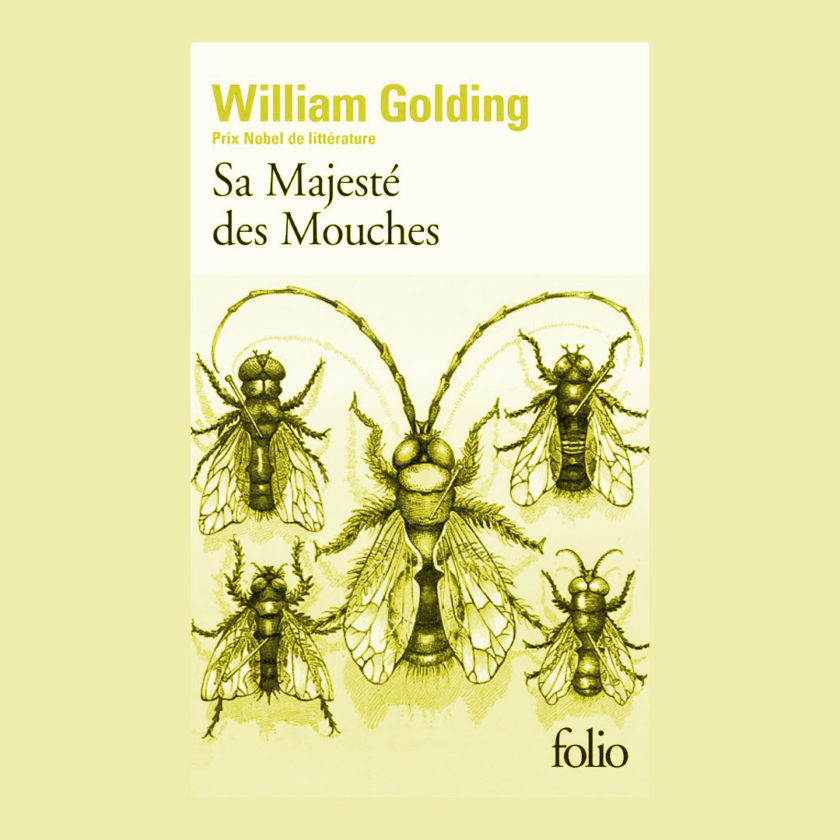In a world where attention and personal data are captured at every moment, it is worth reflecting on the new paradigms of scarcity.
Thus, taking up the adage “what is rare is expensive”, at least in the figurative sense, it is reasonable to ask whether, in this hyper-connected world, anonymity should be seen as the paragon of luxury.
Before answering this question, let us try to glimpse a certain typology of anonymity in order to better set the context.
We could distinguish three situations in which a certain degree of anonymity manifests itself. Of course this classification is quite debatable, but it does provide a framework for understanding the reasoning behind this question.
1. Anonymity suffered
That of those who don’t even have the possibility of having their personal data traced. These are people who have not been able to access the many services offered by the web, either for economic reasons or because of disability (technological backwardness due to age, for example). This category of anonymity tends to diminish as a result of the progressive enrichment of developing countries and the ageing of the population – i.e. older people are becoming increasingly capable of using new technologies.
2. Selected and relative anonymity
In my opinion, this is the most widespread anonymity, it concerns the vast majority of the population, that is to say, people who use their telephone or internet services while not aspiring to be known. Their data is held on the servers of the GAFAMs and other online service platforms, but they do not have a presence on the web in a relationship of influence vis-à-vis a community that is destined to grow – be it through blogging, vlogging or other means of influence. These people maintain links with acquaintances and friends via social networks while not seeking notoriety, their use is purely personal.
3. The anonymity sought
This third type of anonymity belongs to those with a great deal of financial, symbolic (a high dignitary, a member of a royal family, etc.) or influential (someone who has acquired notoriety through his or her work but who aspires to anonymity and privacy) capital. The anonymity sought is rarer because it only applies to a tiny portion of the population. However, for those to whom it applies, anonymity is of immeasurable value. Indeed, those who can claim anonymity have the privilege of having all their needs provided for, yet their celebrity turns out to have more disadvantages than advantages and even for some it is a real calamity. The anonymity sought is not in fact true anonymity, because in fact the people to whom it applies are known. It is sought because it is in fact a permanent search, a struggle against intrusive forces that aspire to penetrate the smallest corners of their intimacy. The anonymity sought is a movement and not a static state in itself.
In this configuration, we understand that after reaching the highest levels of the Maslow pyramid of needs, we aspire to anonymity because notoriety has a deleterious effect on our lives and our well-being in general.
However, are we truly neutral? Isn’t the choice of anonymity a form of resignation?
Anonymity could be defined as the renunciation of public visibility and at the same time the sharing of our ideas and convictions. Convictions can of course be expressed anonymously (the democratic vote is the purest example of this) nevertheless, by withdrawing from the “public” scene, we leave room for potential ideological opponents to speak up and capture people’s attention. In other words, choosing anonymity is a way of withdrawing one’s voice and leaving the way open for opponents of all kinds.
Have you never heard the expression “silent majority”? It’s a questionable term and has often been the subject of populist recuperation, but it is nonetheless rich in meaning. It can refer to that mass of people (belonging to the anonymity suffered or chosen) who are in reality influenced by a group with a minority opinion yet powerful enough to polarize global opinion in its favour (people who can claim the anonymity they seek). Thus, there is a tacit ideological war in which one chooses whether or not to participate. However, if one chooses anonymity, one is in fact accepting not to take up arms for one’s camp and in a way this reflects the thought of Alexandre Dumas: “A person who doubts himself is like a man who would like to join the ranks of his enemies in order to take up arms against himself“.
Anonymity is no longer a choice, it is a submission to the most influential.
Thus, in the face of the new paradigms of democracy, non-anonymity seems to have become a civic duty.





